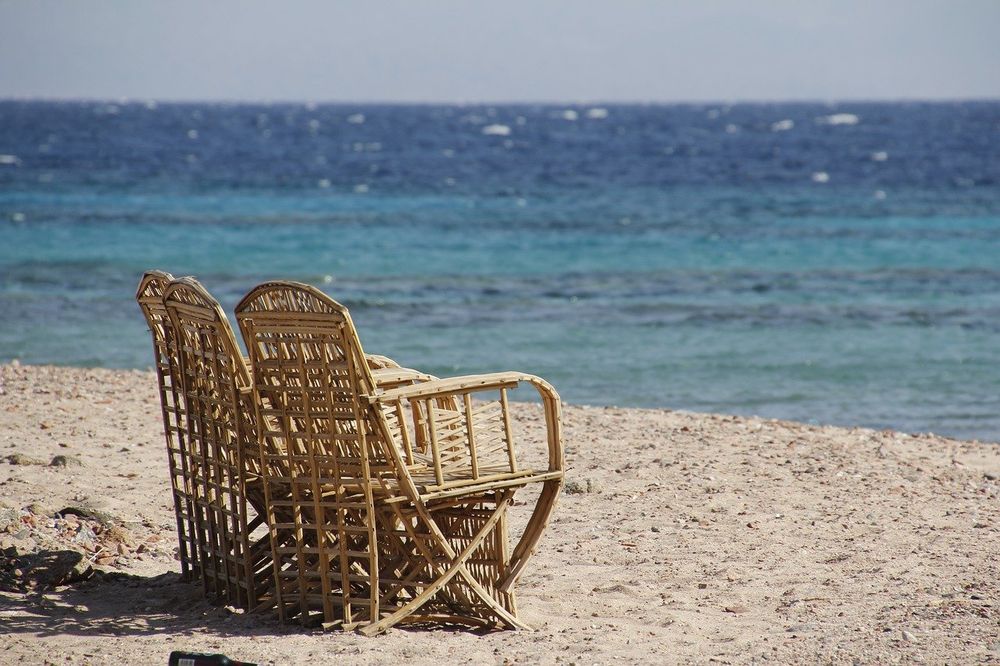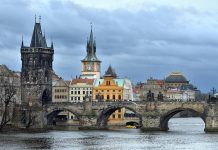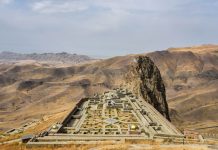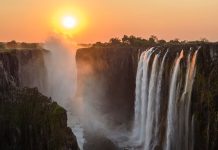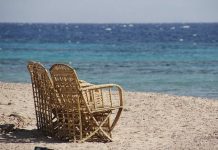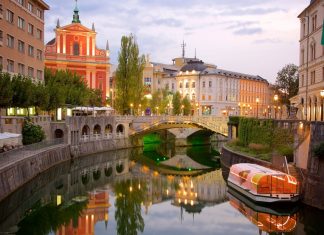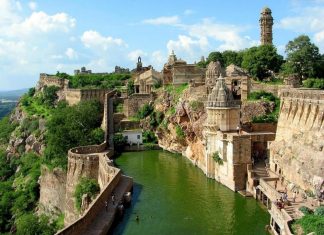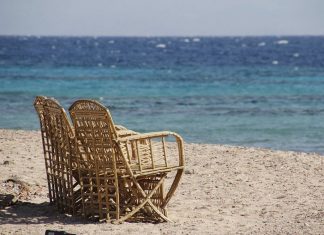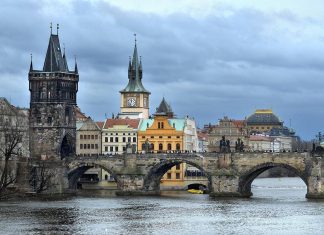Liechtenstein is a country situated in the centre of Europe between Austria and Switzerland . It is one of the smallest countries in the World measuring approximately 16 miles long and 4 miles wide.
To the West the country is separated from Switzerland by the Rhine and to the East it is separated from Austria by the mountains. The Principality of Liechtenstein was established within the Holy Roman Empire in 1719; it became a sovereign state in 1806. Until the end of World War I, it was closely tied to Austria , but the economic devastation caused by that conflict forced Liechtenstein to conclude a customs and monetary union with Switzerland . Since World War II (in which Liechtenstein remained neutral) the country’s low taxes have spurred outstanding economic growth. However, shortcomings in banking regulatory oversight have resulted in concerns about the use of the financial institutions for money laundering. Despite being allowed to issue their own currency, the Swiss Franc has been used in the Principality for over 70 years.Liechtenstein has one of the lowest tax rates in the world. The country only has 30,000 residents but the Prince is one of the richest men in the World. The residents speak a Swiss-German dialect which varies across the country.
About 30,000 people live in the country with around 5,000 on the capital Vaduz . They enjoy one of the highest standards of living in the world and unemployment is very rare. In the lower part of the country, the area alongside the Rhine is very flat and fertile. More than half of the country consists of snow-capped mountains reaching up to 8,000 ft.
Liechtenstein has been continuously inhabited since the New Stone Age. The County of Vaduz was created in 1342 with a treaty signed at Sargans Castle .In 1719 the Imperial Principality of Liechtenstein was created by uniting Schellenberg and Vaduz . In 1799, Liechtenstein was occupied by the French -since that time no foreign soldiers have occupied the land. In 1806, Napoleon conferred sovereign status on the country. In 1852, a customs treaty was signed with Austria which meant that the Austrian currency was used and revenue was gained from customs duties. In 1868, the first bridges across the Rhine were built as well as roads leading to the mountain villages of Triesenberg, Schellenberg and Planken. In 1921, a Postal Treaty with Switzerland was signed, and 2 years later the Customs Treaty with Switzerland was signed. In the Second World War, Liechtenstein remained neutral as it had done in the First and despite being completely without military defences it was never occupied. In recent years the success of the local industry and revenue from the many offshore companies registered there have made the country very wealthy.
The country is divided into eleven territories, which are all composed of just one town. It is very similar to visiting Switzerland as it holds many similarities to its next-door neighbour in terms of currency, topography, and cost of living. However, its difference lies in the personality of the place as Liechtenstein is not to be undermined in the tourism department.
Small as it is, Liechtenstein has an appeal of rustic beauty with its old wooden bridges and stately houses which have exquisitely decorated backyards. Museums dot the popular centre in Vaduz capital, teeming rich with history and culture. Liechtenstein also offers quite a lot of activity for the outdoor enthusiast as it possesses more than 400 hiking trails. Also known as a popular skiing destination, it has a climate fit for skiing with high mountain slopes for the avid skier.
Despite having very limited natural resources, Liechtenstein has developed into a very wealthy country. This is the place which has the world’s highest standards of living and its Prince is one of the world’s wealthiest heads of state.

